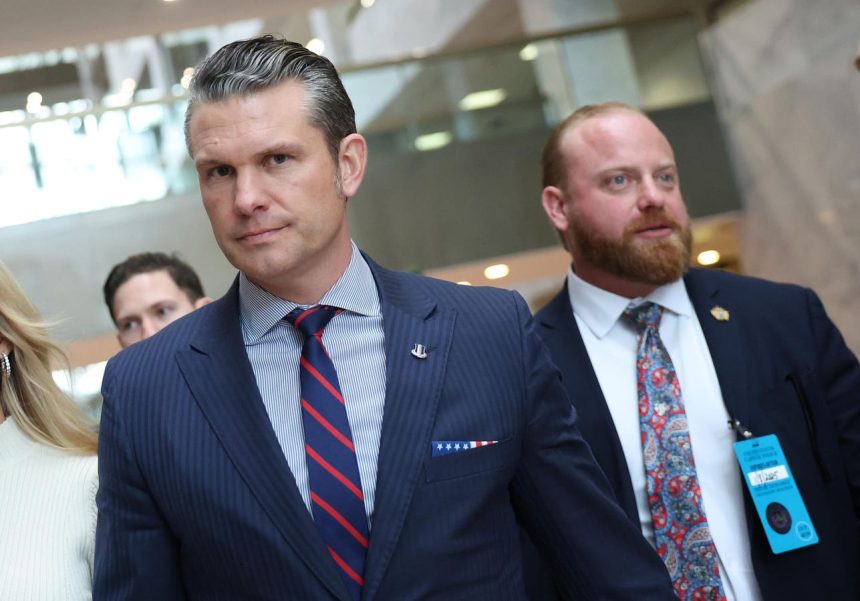Pete Hegseth’s Confirmation Process: A Deep Dive into Controversy
Pete Hegseth, a military veteran, former Fox News host, and President Trump’s nominee for Secretary of Defense, has navigated a tumultuous confirmation process marked by serious allegations and intense scrutiny. His nomination, which has been approved by the Senate Armed Services Committee and is now awaiting a full Senate vote, has sparked heated debates about his suitability for the position. Central to the controversy are allegations of erratic and aggressive behavior towards his second wife, sexual assault, alcohol abuse, past opposition to women in combat, and controversial views on military policy. These concerns, coupled with questions about his qualifications and management experience, have fueled opposition from Democratic senators and advocacy groups.
Hegseth’s confirmation hearing before the Senate Armed Services Committee was a crucible, exposing the deep divisions surrounding his nomination. Democrats aggressively questioned him on a range of issues, including the sexual assault allegation stemming from a 2017 incident at a Republican conference. Hegseth vehemently denied the allegation, claiming he was "fully investigated and completely cleared." The committee also probed his alleged alcohol abuse, documented in reports from former colleagues at Concerned Veterans for America and Fox News. Hegseth admitted to past mistakes but insisted he was a changed man. His prior statements opposing women in combat roles came under fire, prompting him to attempt a clarification, though his revised stance still suggested potential limitations on women’s service.
Beyond the personal conduct allegations, Hegseth’s policy views and qualifications were also intensely debated. Democrats criticized his past defense of military officials accused or convicted of war crimes, his questioning of diversity, equity, and inclusion initiatives within the military, and his views on rules of engagement. Hegseth argued that DEI policies were divisive and that restrictive rules of engagement hampered military effectiveness. His management experience, primarily derived from his leadership of veterans’ nonprofits, was deemed insufficient by some senators. The adequacy of the FBI background check conducted on Hegseth also became a point of contention, with Democrats demanding full access to the report.
The controversy surrounding Hegseth intensified with the emergence of new allegations of erratic and aggressive behavior toward his second wife, just a day after the Senate Armed Services Committee approved his nomination. These allegations, presented in an affidavit from his former sister-in-law, were immediately denied by Hegseth and his wife. While his wife stated that the information was inaccurate and a court document from their divorce proceedings indicated no domestic abuse, the timing of the allegations further complicated an already contentious confirmation process.
Despite the numerous controversies, Hegseth enjoys unwavering support from President Trump, who has publicly endorsed him and touted his qualifications. While some Republican senators initially expressed reservations about Hegseth, they ultimately closed ranks and voted to advance his nomination. Senators like Joni Ernst, a key voice on military sexual misconduct, declared their support after meeting with Hegseth and expressing satisfaction with his responses to their questions. This Republican unity, despite the allegations and concerns raised, highlights the highly partisan nature of the confirmation process.
The ultimate fate of Hegseth’s nomination remains uncertain as it heads to a full Senate vote. While Republican support appears solid, Democratic opposition is firm. The intense scrutiny of Hegseth’s past behavior, policy views, and qualifications underscores the significant challenges he faces in securing confirmation. The upcoming Senate vote will not only decide the next Secretary of Defense but also serve as a barometer of the political climate surrounding appointments under the Trump administration. The unfolding drama continues to raise fundamental questions about the standards of conduct and qualifications expected of those entrusted with leading the nation’s military.



